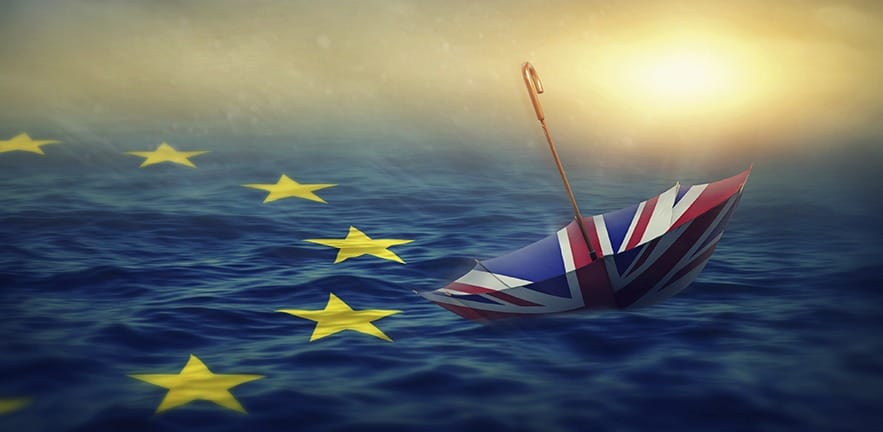We spoke to Peter Doyle about major issues affecting the global economy following his recent talk to Master of Finance (MFin) students at Cambridge Judge Business School.


Why did you chose to work at the Bank of England and then for the IMF?
I began my career by working for a small aid agency (ODI) in southern Africa. I was interested in microeconomics, and thought I could help disadvantaged people in developing countries that way. But I discovered there how their fortunes were affected much more powerfully by macroeconomics than microeconomics. So I switched to macro, and joined to the Bank of England to learn some macro. Then I thought, “If I really want to do macro there’s only one place for it – and that’s the IMF.”
What prompted you to give a lecture at Cambridge Judge?
I’m friends with Simon Taylor, the Academic Director of the Master of Finance programme, and he invited me to talk to the students because of my broader view of the IMF. In addition, since I started speaking and writing for public audiences, I’ve learned that you never know who is listening. So here in Cambridge, it’s quite possible that someone who attended the lecture, who may have said nothing and simply walked out, might in future go and get a job where they can make it all happen.
In your lecture, you suggested that international financial institutions such as the IMF should look for potential global crises by using war gaming techniques, instead of the more traditional forecasting, stress-testing, and scenario exercises. So what can new Cambridge MFin graduates do about this?
Go and work for such organisations and press them on these matters. That’s by no means as impossible as it sounds. And there is strength in numbers. In addition, I’m trying to build an organisation to do this work independently, which will need recruits – economists and finance experts. Look out for openings there when it gets off the ground.
Was there a “conspiracy” among G20 governments and global financial organisations that contributed to the financial crisis in 2008-2009?
All G20 governments have their own particular political priorities and they generally declare those openly. So that is not really a conspiracy; it’s democracy (for the most part) in action. But all that tells you is that you don’t need conspiracies to produce severe global problems. Similarly, European governments argued openly for the euro, and they built it, but it still brought about a number of disasters.
However, there is another viewpoint as well. “Big finance” supports politicians and parties who believe that “finance is fine”. So, to some extent, politicians which backed finance and the euro before their crises were being paid to do so. Perhaps such politicians believed what they were saying anyway. But there is a whiff of conspiracy too.
Do you think the euro will succeed, and if not what will the consequences be?
It is perfectly possible that the euro might collapse. Plenty of big global exchange arrangements have done so, including the ruble zone in 1991 when the Soviet Union collapsed. These things look gigantic and permanent, but they can fail like anything else.
But even if it survives, many euro countries are in terrible situations: Greece, Italy, Spain, Portugal, Cyprus and more. And the euro is not an island, so its malfunctioning damages the rest of the world, even as it survives.
What are the risks for the global economy from economic and other issues in China?
China poses two key risks: military conflict in the South China Sea; and a bust of its credit bubble. The latter arises because for the past half-decade, China has expanded domestic credit on a totally unprecedented scale; the stock of outstanding credit to GDP in China has grown by 80 percentage points of GDP in that time. I can think of no other country that has expanded credit on the scale, and the aftermath of all large credit booms is bust. Furthermore, China is like a deck of cards in which you pull one out and the whole thing collapses – not at all a good context in which to try to manage a gigantic credit boom and bust.
What, in your opinion, are some of the implications of Donald Trump becoming the next US president?
Just to take one of his major proposals to impose a tax, a tariff of 45% on all imports from China coming into the US. This is what countries did to one another in the early 1930s. Do you remember what happened after that? The Great Depression. It will do the same again, for exactly the same reasons. Bad.
What is your opinion on the financial effect of Brexit on the UK?
Not good. Even if it goes as well as possible, in 20 years’ time Britain will be slightly less rich than it would otherwise be. But I see virtually no prospect of it going well and I think the consequences will be immediate and serious. Within a year – the UK risks recession and people will be losing their jobs.

